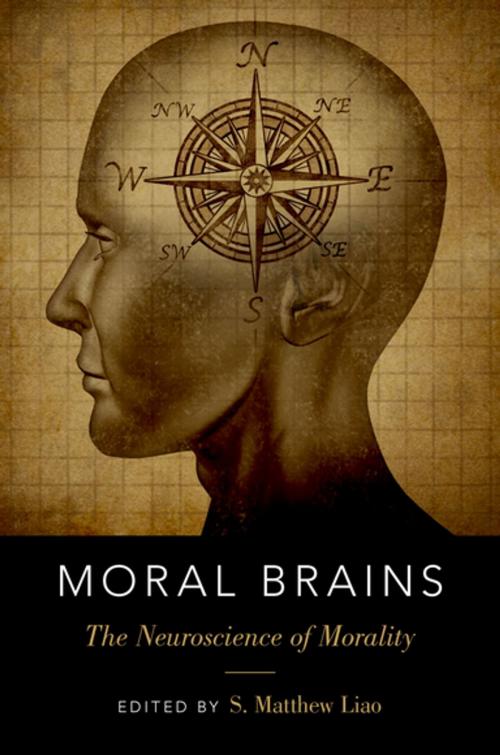Moral Brains
The Neuroscience of Morality
Nonfiction, Reference & Language, Law, Ethics, Health & Well Being, Psychology, Cognitive Psychology, Religion & Spirituality, Philosophy, Ethics & Moral Philosophy| Author: | S. Matthew Liao | ISBN: | 9780190614508 |
| Publisher: | Oxford University Press | Publication: | August 15, 2016 |
| Imprint: | Oxford University Press | Language: | English |
| Author: | S. Matthew Liao |
| ISBN: | 9780190614508 |
| Publisher: | Oxford University Press |
| Publication: | August 15, 2016 |
| Imprint: | Oxford University Press |
| Language: | English |
In the last fifteen years, there has been significant interest in studying the brain structures involved in moral judgments using novel techniques from neuroscience such as functional magnetic resonance imaging (fMRI). Many people, including a number of philosophers, believe that results from neuroscience have the potential to settle seemingly intractable debates concerning the nature, practice, and reliability of moral judgments. This has led to a flurry of scientific and philosophical activities, resulting in the rapid growth of the new field of moral neuroscience. There is now a vast array of ongoing scientific research devoted towards understanding the neural correlates of moral judgments, accompanied by a large philosophical literature aimed at interpreting and examining the methodology and the results of this research. This is the first volume to take stock of fifteen years of research of this fast-growing field of moral neuroscience and to recommend future directions for research. It features the most up-to-date research in this area, and it presents a wide variety of perspectives on this topic.
In the last fifteen years, there has been significant interest in studying the brain structures involved in moral judgments using novel techniques from neuroscience such as functional magnetic resonance imaging (fMRI). Many people, including a number of philosophers, believe that results from neuroscience have the potential to settle seemingly intractable debates concerning the nature, practice, and reliability of moral judgments. This has led to a flurry of scientific and philosophical activities, resulting in the rapid growth of the new field of moral neuroscience. There is now a vast array of ongoing scientific research devoted towards understanding the neural correlates of moral judgments, accompanied by a large philosophical literature aimed at interpreting and examining the methodology and the results of this research. This is the first volume to take stock of fifteen years of research of this fast-growing field of moral neuroscience and to recommend future directions for research. It features the most up-to-date research in this area, and it presents a wide variety of perspectives on this topic.















